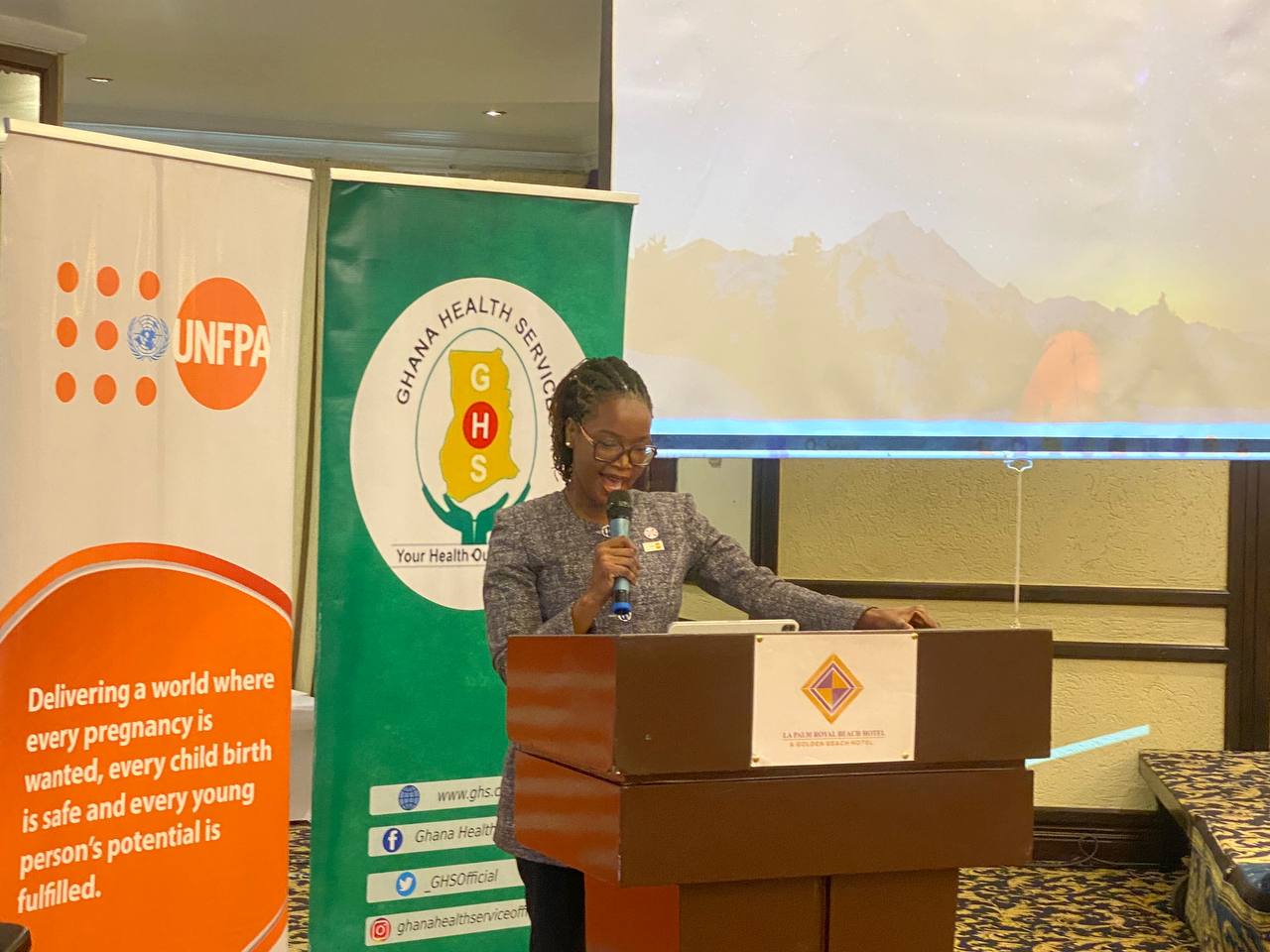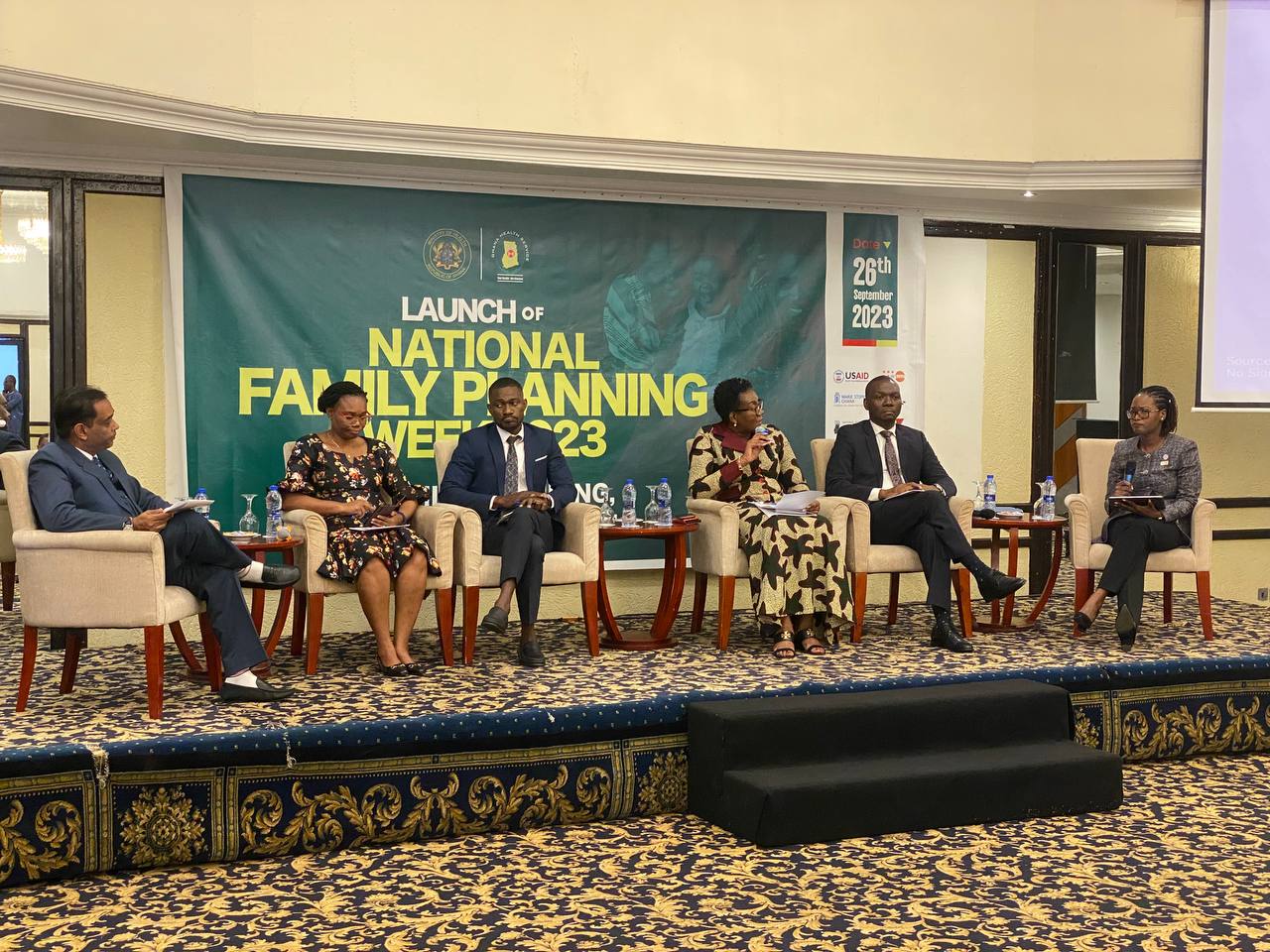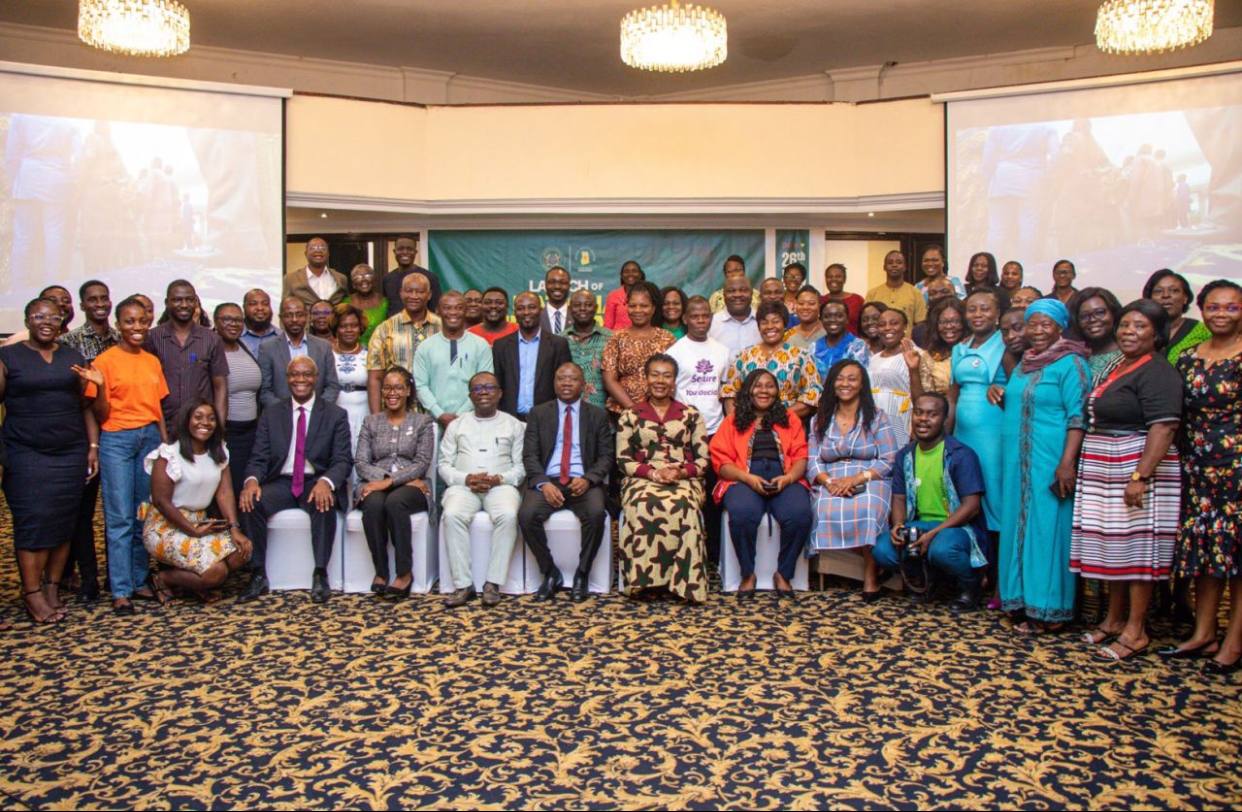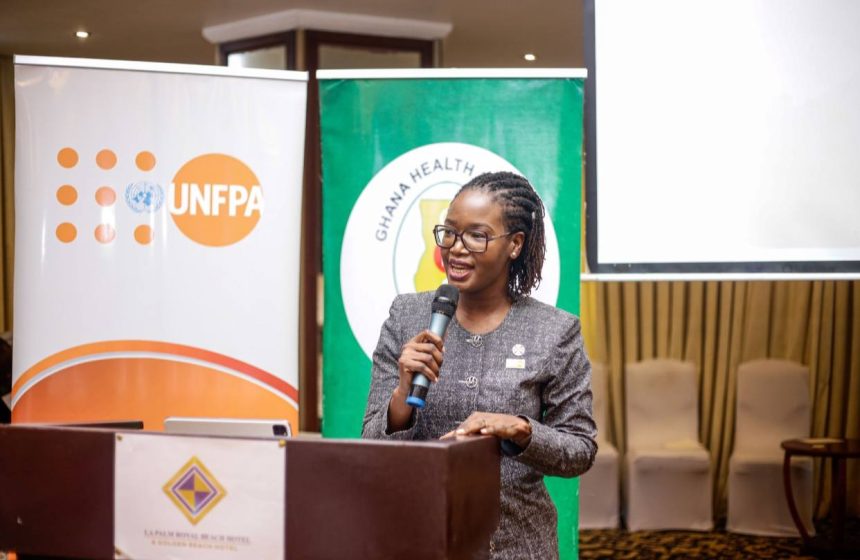The complexities of Ghana’s family planning landscape took center stage during the launch of the 2023 Family Planning Week and the celebration of the World Contraceptive Day on Tuesday September 26, 2023.
Deputy Representative of UNFPA Ghana, Dr. Emmily Naphambo, who spoke exclusively to UniversNews, illuminated the multifaceted nature of the issue and called for an elevated perspective from the government, emphasizing the importance of family planning as a developmental imperative.
Dr. Naphambo underscored that family planning extends beyond the mere availability of contraceptives. According to her, It encompasses challenges associated with service providers who sometimes make decisions for sexually active girls when parents are hesitant to acknowledge their sexual activity.
She emphasized the necessity of empowering individuals, especially young girls, to make informed choices about their reproductive health.
“The family planning issue is multifaceted. It is about the need for contraceptives and the service providers wanting to make choices for girls who we know are sexually active but as parents, we refuse to believe that they are sexually active,” she said.

According to Dr. Naphambo, the hurdles of family planning also include the logistical nightmare of delivering commodities to remote regions, where geography often stands as a barrier to access. Even when girls are willing to engage in family planning, the necessary commodities may remain out of reach.
“Sometimes to have commodities reach someone in a remote region is a challenge, a logistic nightmare. You may have girls who are willing to engage in family planning methods but they may not simply be there,” she added.
Financial constraints further compound the issue, with family planning in Ghana predominantly reliant on donor support. Dr. Naphambo emphasized the urgency of raising the profile of family planning at the government level, advocating for it to be viewed as a vital facet of development.
“We are living in a dwindling donor space. Predominantly, family planning here in Ghana is donor driven and donor funded. There has to be an elevation of the importance of the issues from the government perspective. We need to elevate the discussion on family planning and look at it as a developmental issue,”she advocated.
She highlighted a compelling statistic, stating, “The cost of enaction of family planning activities far surpasses the benefits that are mostly reaped at the end. Every dollar spent on family planning can yield about 8.3 dollars in benefits for the country. This investment, if made wisely, could potentially serve as a resource for financing other sectors of the healthcare system,”.

Ghana has forged partnerships with numerous organizations working in the field of family planning, alongside development partners like USAID and UNFPA. These collaborative efforts aim to ensure the availability of family planning commodities in the country.
Dr. Naphambo also stressed the government’s role in providing youth-friendly services that cater to the unique needs of young people without judgment.
“We have partnered with many organizations who are working in this space. At the same time we also have development partners who are working in this space. We have USAID, UNFPA and other major donors who are contributing to the availability of family planning commodities in the country. We have the government itself and aspects of youth-friendly services to ensure that as far as reproductive health services are concerned, they are provided in the way that takes into account the needs of young people and not looking at them judgmentally,” she added.
Country Director of Marie Stopes International (MSI), a prominent international NGO, Mr. George Akanlu, who was represented at the celebration reiterated the organization’s steadfast dedication to the fundamental principle that everyone, irrespective of their background, should possess the autonomy to make choices regarding the timing and possibility of having children.
Mr. Akanlu emphasized MSI’s crucial role in championing the cause of universal reproductive freedom, aligning seamlessly with the broader objectives of the event.
He expressed concern about the persisting socio-cultural barriers within various communities that impede women and girls from accessing essential family planning services.
In response, he offered assurance that MSI remains fully committed to actively contributing to the realization of gender equality and the achievement of universal health coverage in Ghana.

The 2023 World Contraception Day theme, “Family Planning, My Choice, My Freedom,” underscores the pivotal role of family planning in empowering individuals to take control of their reproductive health decisions.
Achieving this objective requires rallying support from relevant partners and implementing innovative strategies to finance family planning supplies and services.
UNFPA and its partners are leveraging this year’s World Contraception Day as an opportunity to engage with the government, private sector, and multisectoral collaborators to explore practical avenues for mobilizing domestic resources for family planning in Ghana.
The collective effort aspires to ensure that family planning is not only accessible but also recognized as a cornerstone of development, promising significant returns on investment for the nation.
–
Story by: Kelly Adjetey Boye | univers.ug.edu.gh

